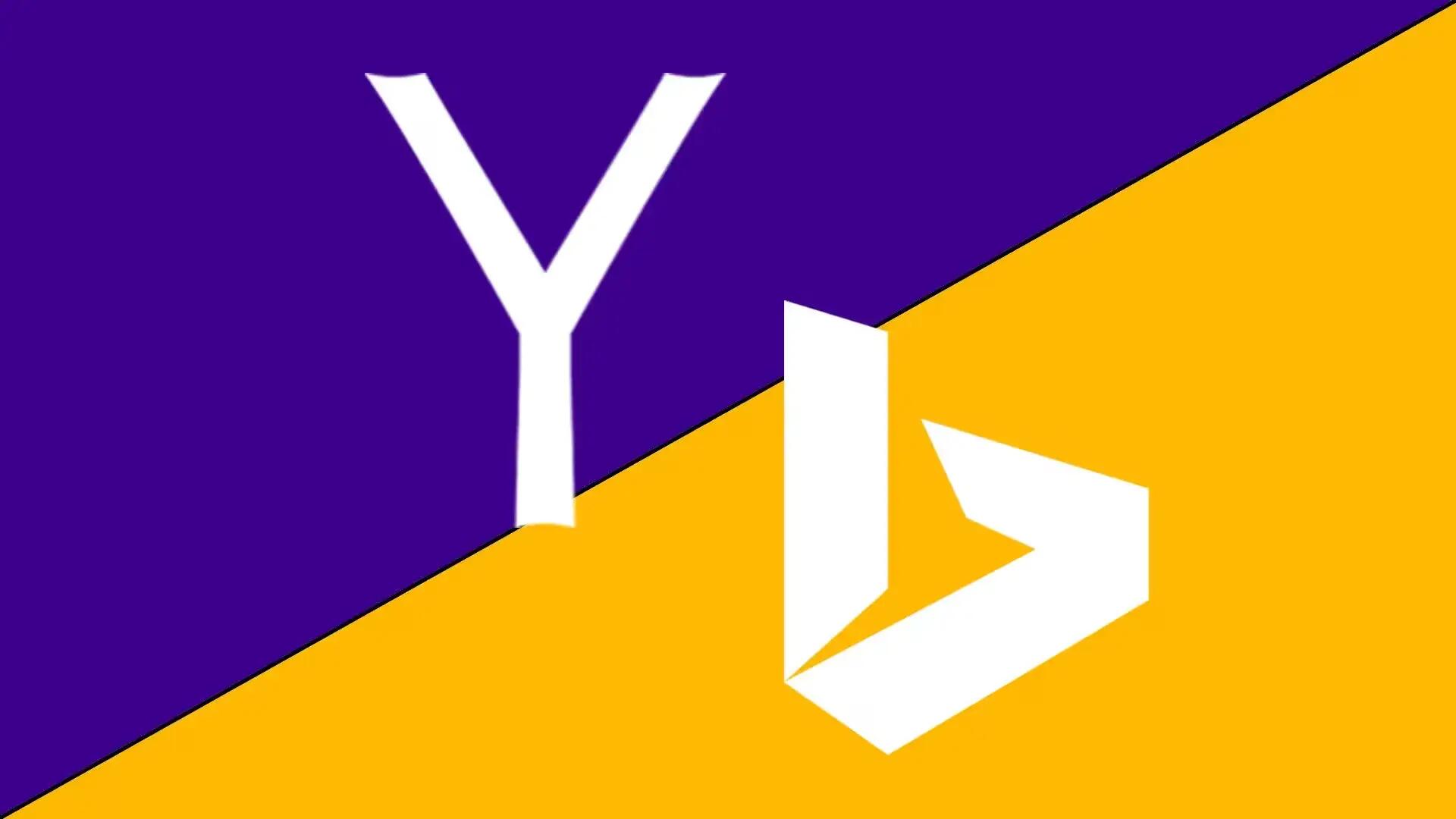Last week, Marissa Mayer renegotiated Yahoo’s search contract with Microsoft. Although, details about the new contract are not revealed that time, the SEC Document filed by Yahoo, this Monday, reveals lot of details.
According to the SEC document, Yahoo will have will now only depend on Microsoft for 51% of its search results and ads, allowing Yahoo to push users towards their own potential search offering for just under half of all searches conducted through its site. For Bing ads run on its site, Yahoo will now keep 93% of the revenue generated compared to the 88% in the original contract. In addition, this new contract allows Yahoo to sell its own search ads or use search ads from another provider for 49% of the time.
Additionally, Yahoo can now use Bing’s algorithm to display search results without displaying Microsoft’s ad listings next to those results. In this scenario, Yahoo would pay Microsoft a fee for the results, but will not owe it any revenue share from the ads. Finally, after October 1, 2015, both companies will have the right to terminate the agreement at any point for any reason. Previously, for Yahoo to terminate the agreement, it would have had to prove that the partnership had failed to meet certain performance thresholds. Microsoft could not terminate the agreement at all.
This new contract has many terms that favor Yahoo heavily. It also reduces its reliance on Bing for search results allowing Yahoo to build its own search offering. Here are the full details about the agreement.
Search Agreement
Services and Exclusivity
Previously under the Search Agreement, Microsoft was the exclusive algorithmic and paid search services provider to Yahoo on personal computers for Yahoo’s online properties and services (“Yahoo Properties”) and for search services provided by Yahoo to its distribution network of third party entities who integrate Yahoo’s advertising offerings into their Websites and other offerings (“Affiliate sites”). Microsoft was the non-exclusive provider on mobile devices. Pursuant to the Amendment, Microsoft will provide such services on a non-exclusive basis for Yahoo Properties and Affiliate sites on personal computers. Commencing on May 1, 2015, Yahoo agrees to request paid search results from Microsoft for 51% of its search queries originating from personal computers accessing Yahoo Properties and its Affiliate sites (the “Volume Commitment”) and will display only Microsoft’s paid search results on such search result pages.
Additionally, Yahoo will now have the ability in response to queries on both personal computers and mobile to request algorithmic listings only, paid listings only or both algorithmic and paid listings from Microsoft. To the extent, Yahoo requests algorithmic listings only or requests paid listings but elects not to display such paid listings, Yahoo will pay Microsoft serving costs but not a revenue share. In other cases and with respect to the Volume Commitment, Yahoo will pay Microsoft a revenue share.
Previously under the Search Agreement, Yahoo had sales exclusivity for Yahoo and Microsoft’s premium advertisers. Pursuant to the Amendment, this sales exclusivity will terminate on July 1, 2015. Yahoo and Microsoft will develop a plan to transition premium advertisers for Microsoft’s paid search services to Microsoft commencing on July 1, 2015 and to be completed by January 31, 2016.
Revenue Share
Yahoo is entitled to receive a percentage of the revenue (the “Revenue Share Rate”) generated from Microsoft’s services on Yahoo Properties and on Affiliate sites after deduction of the Affiliate sites’ share of revenue and certain Microsoft costs. Under the Search Agreement the Revenue Share Rate was 88% for the first five years and then increased to 90% on February 23, 2015. Pursuant to the Amendment, the Revenue Share Rate will be 93%, but will now apply before deduction of the Affiliate sites’ share of revenue.
Term and Termination
The term of the Search Agreement remains 10 years from its commencement date, February 23, 2010, subject to earlier termination as provided in the Search Agreement. Pursuant to the Amendment, on or after October 1, 2015, either Yahoo or Microsoft may terminate the Search Agreement by delivering a written notice of termination to the other party. The Search Agreement will remain in effect for four months from the date of the termination notice to provide for a transition period, however, Yahoo’s Volume Commitment will not apply in the third and fourth months of this transition period.
Source: SEC
